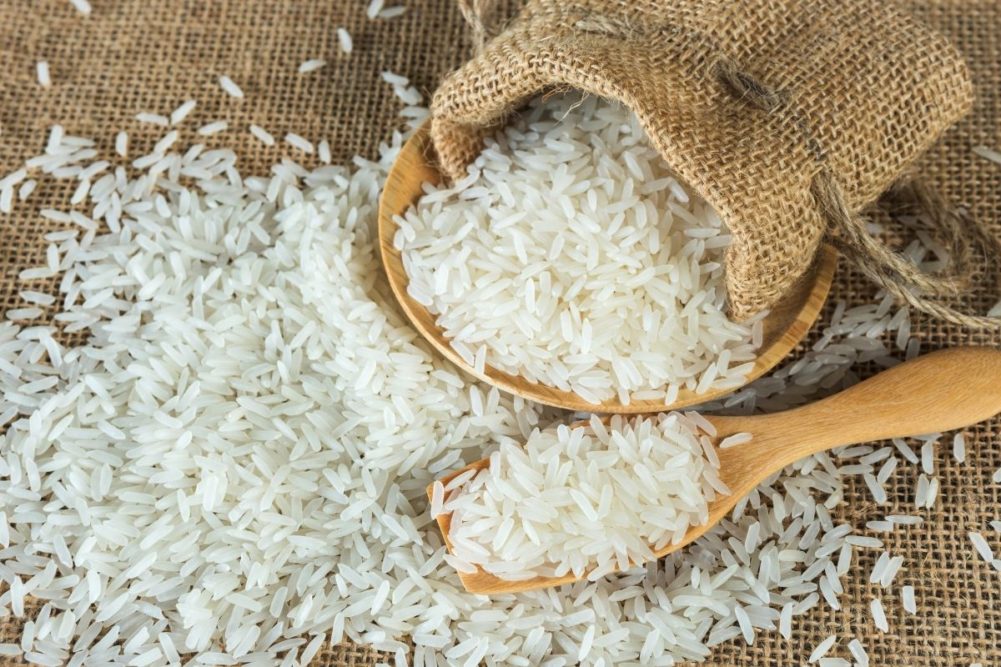GENEVA, SWITZERLAND — India’s use of the “Bali Peace Clause” to protect its food programs against trade dispute actions stemming from its use of rice subsidies has led the United States and other World Trade Organization (WTO) members to announce that they will initiate consultations with India on the matter, according to US rice industry advocate USA Rice.
“India makes up nearly half of global rice trade and much of its exported rice benefits from the government-established floor price, and then exported at low prices, distorting trade," said Bobby Hanks, rice miller and chair of USA Rice. “USA Rice applauds the Office of the US Trade Representative (USTR) and their colleagues at the USDA for starting this process of technical engagement with India regarding its rice support and egregious WTO violations.”
In March 2020, India notified its support to the WTO for rice subsidies for 2019, and again in March 2021 for 2020 and in March 2022 for 2021, according to USA Rice. The reported support levels were ($5 billion) 11.46%, ($6.32 billion) 13.71% and ($6.9 billion) 15.14%, respectively, which exceed the 10% limit for price supports. India has claimed shelter from a WTO dispute settlement challenge to these subsidies under the 'Bali Peace Clause,’ which gives India the ability to build government stocks of food but also stipulates that WTO members cannot export those subsidized government stocks to the extent that it distorts global trade.
The action by the United States, Australia, Canada, Japan, Paraguay, Thailand and Uruguay will focus only on India’s invoking of the peace clause and is not the initiation of formal consultations for a WTO dispute settlement case with regard to the subsidies.
USA Rice said it continues to advocate for the US government to address India’s WTO domestic support violations through a dispute settlement case that would push India to curb its rice subsidies, prevent consolidation across world rice production and increase the prices received by farmers.
“This announcement is just one of many actions the US government can take to engage India at the WTO regarding its rice subsidies, and we are hopeful they will continue to take more actions in this direction,” Hanks said.






